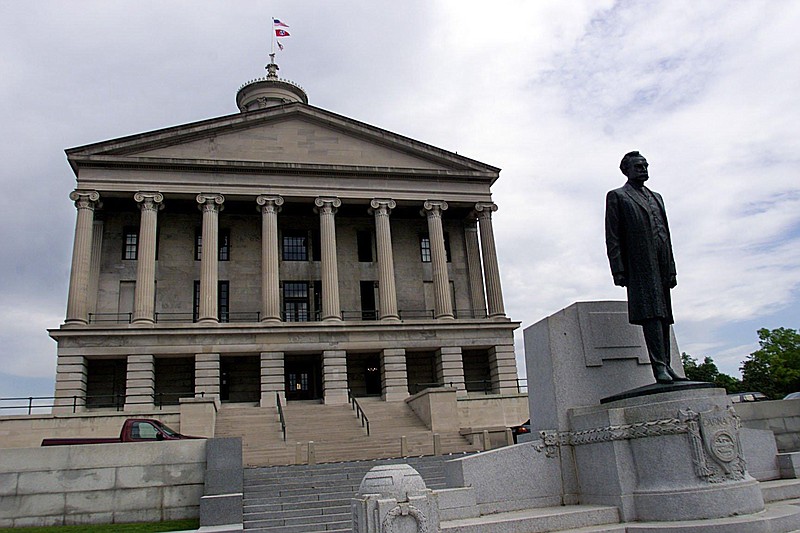NASHVILLE - A legislative study panel recommended Thursday that Tennessee lawmakers begin eyeballing requests more closely when it comes to shutting down public access to government records.
Members of the General Assembly's Open Records Ad Hoc Committee acknowledged in their final meeting that they were overwhelmed by the task of sorting through 563 existing exemptions to the Tennessee Public Records Act.
"[W]e did not realize what an extensive and exhaustive list this would be," said Rep. Jason Zachary, R-Knoxville, who co-chaired the panel along with Sen. Todd Gardenhire, R-Chattanooga.
He said lawmakers learned that a number of exemptions were tied to federal funding requirements.
Given the time allotted to study the issue, Zachary said, neither the panel nor state Comptroller Justin Wilson's office "were able to work our way through these exemptions to determine which exemptions, whether it's 100 or 300, actually have federal dollars tied to them."
While staff is still drafting final recommendations, Zachary said one recommendation is to give the Senate and House government operations committees responsibility to scrutinize agency or special interest requests for new exemptions and, over time, review existing ones as various state departments and entities come up for sunset reviews before those panels.
Zachary said he and Gardenhire plan to talk with the House and Senate speakers regarding that.
Gardenhire said he and Zachary will also be discussing and "passing along our recommendations" to the incoming committee chairmen of the 111th General Assembly as lawmakers convene Jan. 8.
Speaking later, Gardenhire said leaders "need to be very careful about how we do it." If the responsibility is given over to the government operations committees, he said, "then we need to let them have a great say so over what their committee can and cannot do."
He said he and Zachary will talk to both chairs of the oversight panels.
Senate Government Operations Committee Chairman Mike Bell, R-Riceville, said he believes 85 percent to 90 percent of current exemptions "are probably going to be noncontroversial."
Bell also noted that secrecy over medical information mandated by the federal Health Insurance Portability and Accountability Act (HIPAA) accounts for many.
He said he's not sure it "will really be that big of a task" to sort through over time. The goal, Bell said, is to "keep government as transparent and open as possible."
Observing the proceedings earlier were Deborah Fisher, executive director of the Tennessee Coalition of Open Government, which represents news organizations and other advocacy groups, and Tori Venable, state director of Americans for Prosperity.
Fisher said she was encouraged by lawmakers' intentions to make changes. She noted that Gov.-elect Bill Lee has said he wants to do a thorough review of exemptions.
Venable said she is hopeful a number of loopholes will be closed. For example, AFP, a libertarian group that opposes government economic incentives to recruit specific businesses, is advocating for complete transparency by the state in that area.
Contact Andy Sher at asher@timesfreepress.com or 615-255-0550. Follow him on Twitter @AndySher1.
